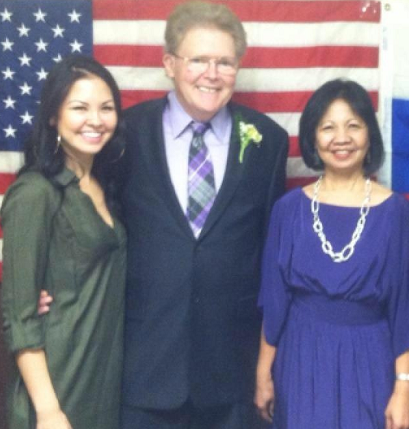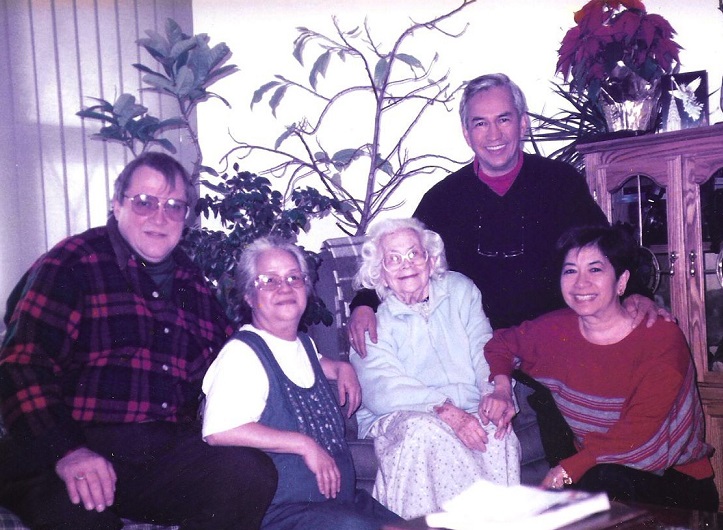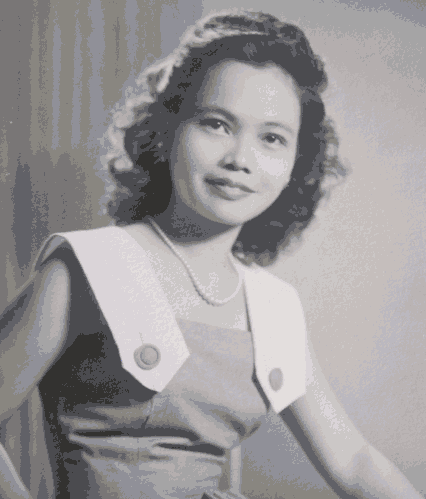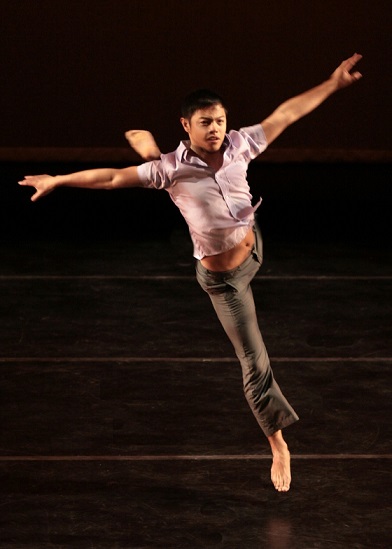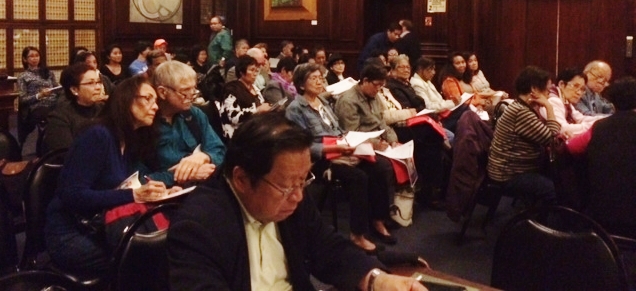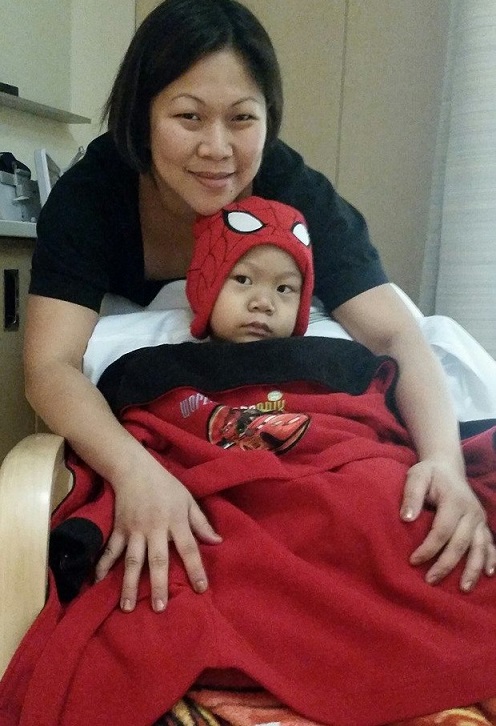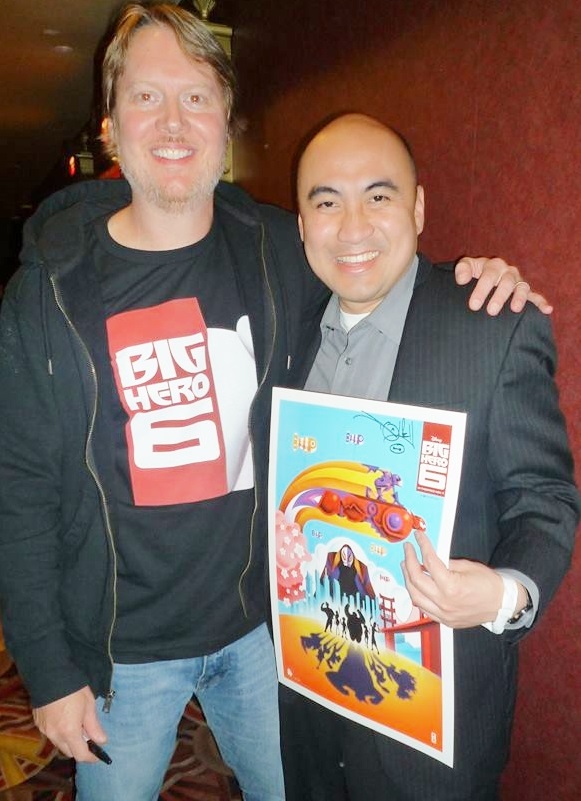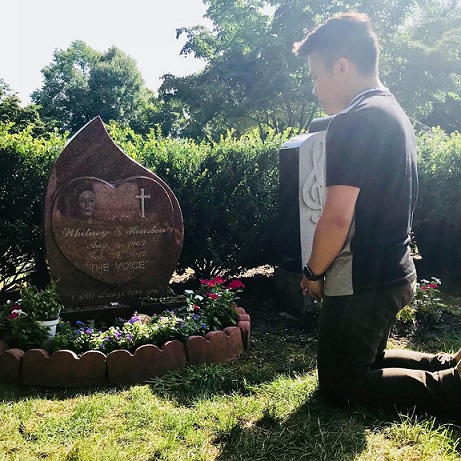My hope is for Father’s Day to be well-remembered as well
By Ludy Astraquillo Ongkeko, Ph.D.
Mother’s Day and Father’s Day are not that far apart, chronologically so. The former falls in May; the latter in June. Yet, as far as their celebrations go, the two milestones seem worlds apart.
When I first came to these shores in the very early sixties, I was struck by the fervent regard for Mother’s Day. Brunches were crowded. Ditto all other dining places all day, from early afternoon to evening.
Florists would attest to one of their ‘most profitable sales,’ on that certain day in May. The same went for gift shops that accentuated the importance of Mother’s Day: Shop owners were quick to report how they would run out of presents.
At restaurants, it was easy to see who reigned as ‘queen of the day.’
Months before that one Sunday in May meant for Mother’s Day, many specialty and department stores proclaimed the significance of ‘remembering’ one’s mother through full-page ads that ran for weeks. Publication covers zeroed in on that one day in May.
My desire for information led me to find out why mothers as parents took precedence in this land. I also found out that motherhood was represented by grandmothers, aunts and non-blood female folks, including foster mothers who took over the responsibility of homemakers.
Research studies indicated that owing to the single-parent status that mothers found themselves in, their offspring became closer not only to their birth mothers, but to their female guardians/extended women families from whom they were natured through adulthood.
One example was given by a lover of sports who responded to my query about why mothers were regarded differently from fathers.
“Do you ever notice how, when the camera focuses on the athletes who are asked to say something for the benefit of the television audience, the spontaneous reply is: ‘Hi Mom!’ and if that ‘mom’ is watching that sport, the camera turns the spotlight on that same figure too.”
Through the years, as I would watch sports on TV, I noticed that the aforesaid observation passed on to me was correct. With due respect to fathers, I did notice there were hardly greetings that said, “Hi Dad!”
Fast forward to the origins of Father’s Day in the United States.
There was a certain Sonora Smart Dodd from Sonora, Washington. Just like Ann Jarvis, the daughter who started Mother’s Day in 1905 in the U.S., Sonora wanted to honor fathers. She was inspired by the Mother’s Day annual event so she felt it was time to honor her father and all fathers.
History informs us that Sonora’s mother was deceased when she was still very young and had been raised by her father, William Jackson Smart.
An account narrates the older Smart’s work and how he brought up all his children singlehandedly. Smart’s birthday fell in June so Sonora decided to hold the first Father’s Day that month. She worked very hard to convince legislators to name a Father’s Day officially.
Sonora’s efforts were rewarded when a National Father’s Day Committee was formed in New York in 1926. Thirty years later, a Joint Resolution of Congress recognized Father’s Day in 1956. President Richard Nixon established an observance in the nation that would “permanently honor Father’s Day on the third Sunday of June.”
Close friends from the home country have likewise wondered why Father’s Day is not similarly observed in the U.S. as intensely as Mother’s Day. We agreed that we wouldn’t be how we are today weren’t it for our fathers.
If only for what Filipino fathers have done for their families today in America, particularly those who come from immigrant groups and who braved an alien world in the quest for a better life not limited to economic reasons, it is my hope that the Father’s Day celebrations in the near future will be well-remembered.

